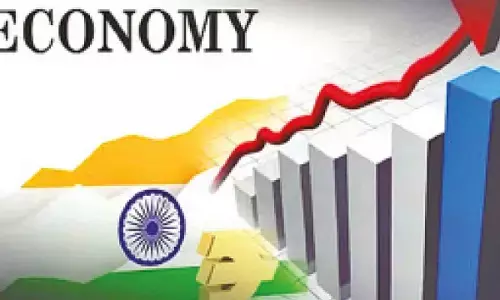The origin and development of Internet

The internet originated from a United States defense initiative in the last century and it now seems to be as pervasive as the air surrounding our planet.
The internet originated from a United States defense initiative in the last century and it now seems to be as pervasive as the air surrounding our planet.
Governments and corporations are obsessed with a “digital everything” philosophy and are playing a cheerleading role while our society is getting addicted to the virtual world.
For the generation growing up in a hyper-connected virtual world, a smart phone and the internet are becoming an inseparable part of their mind and thinking.
Digital communication networks have become critical infrastructure that plays an ever increasing role in a nation’s security, economic growth and social welfare.
While acknowledging the fact that there are many, many, many benefits to a digitized and globally connected world, let us ask ourselves the question: who is responsible for the digital world and the impact it has on our society?
In the US, I believe Facebook and Google, have more control on the direction the internet is heading than the US government itself.
Remember these are for-profit publicly-owned companies with a combined market cap of over $900 Billion USD as of today (Google’s parent company Alphabet alone is valued at over $500 Billion USD).
Let us examine their philosophies on surveillance and privacy. Google co-founder Larry Page’s view on surveillance is that if you are not doing anything wrong you should not be worried about being put under surveillance.
Facebook founder Mark Zuckerberg’s vision is that individual privacy is going to be eliminated as technology progresses.
Strongly disagreeing with both these technology leaders, I am writing this article to make a case on why their companies should not be allowed to control our digital and real lives without any checks and balances in place.
Bruce Schneier a world renowned cyber security “guru” argues that invading privacy makes us less safe and less free.
His reasoning is laid out in his book, Data and Goliath and in his March 2015 talk at Google.
Industrial and information ages
Technological advances during the industrial age led to widespread penetration of automobiles, bringing with it a new level of mobility to connect people and goods.
Let us ignore the climate risk and infrastructure congestion issues and look at the regulatory and social frameworks that evolved.
Mass production of cars and trucks was accompanied with government controlled departments for issuing driver licenses, roadswere built with traffic lights and speed limits, police and public safety departments were given the responsibility for enforcing socially accepted driving rules.
In a democracy, you can VOTE for the government that those departments report to, and BUY the products that fityour wants and needs.
When you pay a price for a car or a motorcycle, you have certain expectations from it and the seller has some obligations to meet those expectations.
You can find a government motor vehicle office to register a vehicle and you recognise a traffic cop. If and when there is a road accident, you have a general idea on the seriousness of the damage and how to react.
You do not need to be a technical expert to know and understand these things. With the Internet, companies like Facebook and Google are working harder and harder to get us addicted to their FREE products in a world where there isNO effective regulatory framework.
We the people, can neither vote for our representatives to demand social responsibility nor can we question the products and services that we accepted for free.
If there is a “cyber accident” like hacking of our personal information or our cyber assets, the actual occurrence, its full impact, and the guidelines for responsive action is largely unknown or incomprehensible to those of us that are not technical cyber security experts.
The reality is that governments, in developed and emerging countries alike, are helpless when it comes to dealing with the internet and its influences on social media.
By: Karthik Krishna














